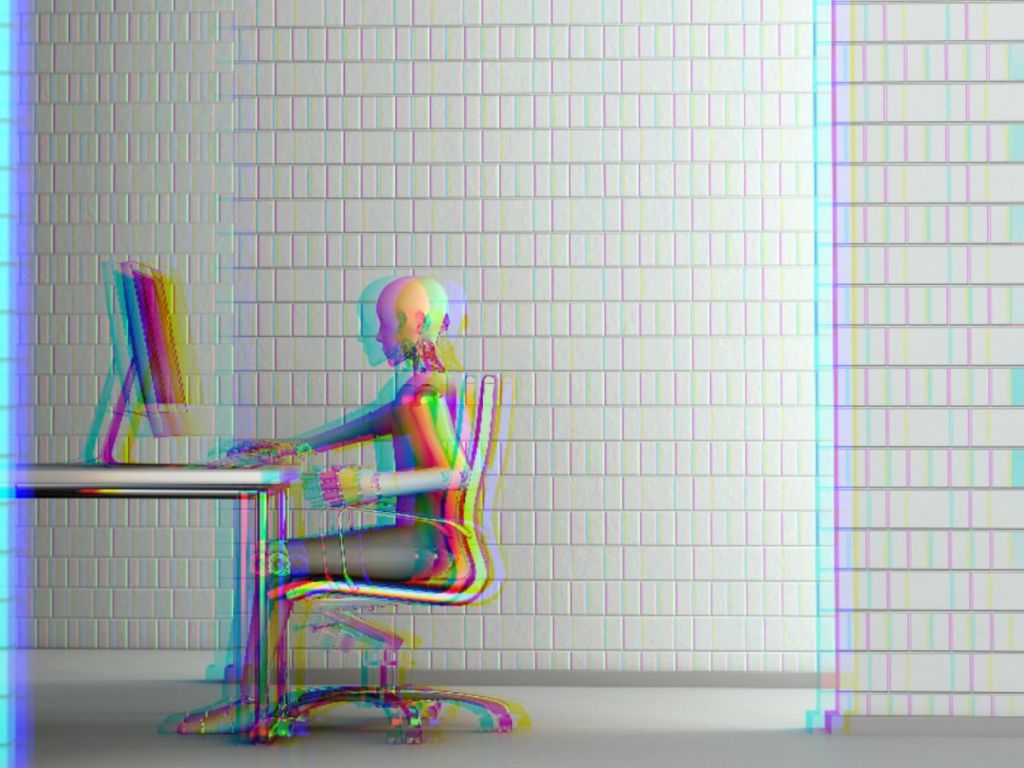AI stealing code is about to become part of a big legal drama.
OpenAI is a company that is using AI to do some fascinating things. For example, they use a bot to generate new art based on keywords entered by the user. It was founded in San Francisco in 2015.
Founders include Elon Musk, tech investor Sam Altman, and others. Musk has since resigned from the board but is still a donor. In 2019, Microsoft made a US$1 billion investment in it. OpenAI is one part of the puzzle to this story. The other is Github Copilot.
GitHub Copilot
GitHub Copilot is an art generator, except it generates new code, instead of art. Developers put in prompts and the AI writes lines of code. The developers then checks it and shapes it. GitHubCopilot relies on and uses tech from OpenAI.
Now, Microsoft-owned GitHub, and OpenAI are being sued. The lawyers are saying that GitHub Copilot is stealing software code and not crediting the developers who wrote it. If the lawyers win the case, it could totally shake up the AI industry.
The lawsuit was filed by Matthew Butterick and the Joseph Saveri Law Firm. Butterick is a developer who is also a lawyer, and he has reactivated his law qualifications to bring the case to court.
The paperwork says that GitHub Copilot, “ignores, violates, and removes the Licenses offered by thousands — possibly millions — of software developers, thereby accomplishing software piracy on an unprecedented scale”.
AI-generated IP
Many artists say that AIs use their art, blogs, videos, music, or code to generate new versions of art. However they argue that the AI-generated art is not sufficiently differentiated from the original to make it a new work.

Microsoft-owned GitHub is the place that developers put their open-source code. Developers use the platform to work on projects together and share ideas. It’s where open-source software mainly lives. And, it’s free.
GitHub’s Copilot platform was designed to be a partner for developers. It works like the way AI-generated art is produced. That is, by putting keywords into an AI to generate a picture. The developer puts a prompt into Copilot and it produces AI-generated code.
The goal for GitHub was to help streamline developers’ workflow, doing around 50% of the workload for the developer. That sounds like it would save time and money. Except for one thing — the way Copilot learns to generate that code.
Developers say that Copilot is just scanning different projects on GitHub and giving developers code which already exists.
Some developers feel that the AI didn’t learn how to code and doesn’t create new code. It just steals existing code.
AI and stealing code: attribution required
Open-source code is free for everyone to use, but it does come with conditions, depending on their licenses. Usually, attribution has to be given. But if they use the code that’s generated by Copilot, that’s not the case.
It is because Copilot is for-profit, that developers are annoyed.
Now, developers need to be aware that if they use code generated from Copilot, they may have to make sure they have the legal right to use the code.
Stephen Kelly, a software engineer who works for various blockchain projects, has argued:
“Most coders will get snippets of code from various resources, including open-source code. And when they use some snippets, they won’t attribute it to anyone because it’s not the whole file or the whole library. Software engineers will try to attribute the original source of open-source code if they use a large part of it. But if they’re using only using bits and pieces out of it, then they don’t tend to attribute it normally.”
The problem here is the for-profit model, which is taking intellectual property from a free, collaborative model, Kelly says. Continuing further, he added, “I think the fact that they it’s a for-profit system, and the fact that it’s making suggestions on the basis of existing code, does suggest that people who have worked on that code should be compensated appropriately. For me, it’s a gray area. The whole point about open source is that it doesn’t tend to be for-profit, and everyone helps everyone. It’s a collaborative thing between software engineers.”
With the crypto markets down, people are looking for places to invest, and the field of artificial intelligence has become really hot. However, an AI stealing code might serve to dampen this. This case could change the entire AI industry and a lot of people are watching to see what happens next in this historic class-action lawsuit.



